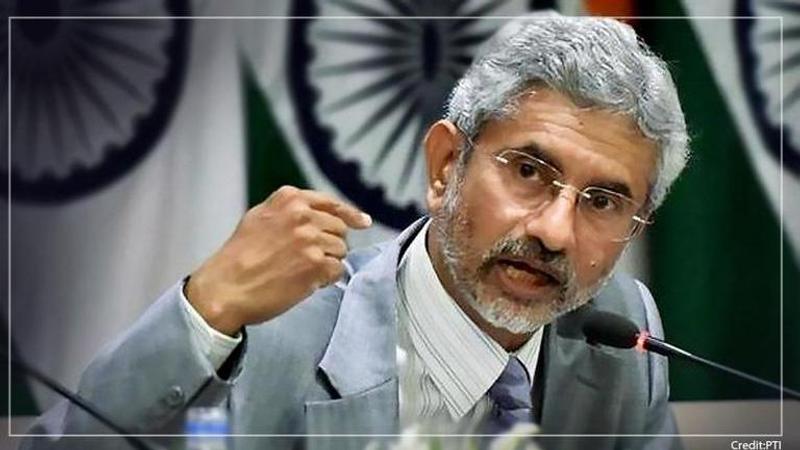Published 22:56 IST, January 14th 2020
EAM Jaishankar highlights key focus of Indian Foreign Policy at Raisina Dialogue 2020
Speaking at Raisina Dialogue 2020, S Jaishankar highlighted the progress made by the Indian Foreign Policy so far, mentioning the key aims of the policy

Advertisement
External Affairs Minister S Jaishankar on Tuesday highlighted the progress made by the Indian Foreign Policy so far, mentioning the key aims of the policy.
Speaking at the inaugural session of the Raisina Dialogue 2020, Jaishankar said, the three points that Indian Foreign Policy seeks to achieve are;
- A focus on key challenges by broad engagement with many parties
- Managing, if not leveraging, the global contradictions
- Advancing our interests in the multiple-hour world and contributing to the global good
About Raisina Dialogue
Raisina Dialogue 2020 is India's annual global conference on geopolitics and geo-economics. The conference kicked off on Tuesday in Delhi in the presence of Prime Minister Narendra Modi and External Affairs Minister S Jaishankar.
The flagship conference organised by the Ministry of External Affairs and the Observer Research Foundation (ORF) together has been India's contribution to global efforts to discover solutions, identify opportunities and provide stability to a century that has witnessed an eventful two decades.
The three-day conclave is set to assemble 700 international participants, of which 40 percent of the speakers will be women, that emphasises India's commitment to gender equality.
12 foreign ministers, including participants of Russia, Iran, Australia, Maldives, South Africa, Estonia, Czech Republic, Denmark, Hungary, Latvia, Uzbekistan, and the European Union, the National Security Adviser (NSA) of Afghanistan, the Deputy NSA of the United States and several other foreign ministers will also put forth their ideas.
Discussions to take place in Raisina Dialogue
According to a statement by the MEA, intensive debates will be held over the course of two days, across 80 sessions on around 5 thematic pillars namely:
- The nationalist impulses challenging global institutions and collective action
- The debates on the global trading architecture
- The role of technologies in determining political, economic and military power
- The global development agenda
- The state-individual relationship in the age of digital communities and cyberspace
(With inputs from ANI)
22:56 IST, January 14th 2020




